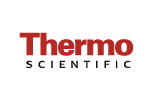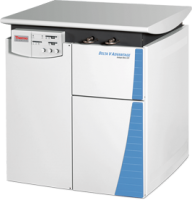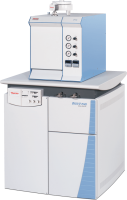Food Authenticity and Adulteration
Investigating origin and quality
Isotopic analyses of foods have become a widespread tool to evaluate the quality, authenticity and origin of labelled products. Wines, alcoholic beverages and fermented fruit juices are distilled to gain ethanol. Ethanol can be analyzed for O and C isotope composition by elemental analyzers coupled to isotope ratio MS. The analyses allow the quantification of exogenous sugar added during the fermentation to increase the alcohol grade of the wine. The control of spirit drinks is also needed for the detection of frauds, such as mislabelling regarding both ingredients and origin. Another important topic is adulteration of pure honey with synthetic honey that can also be traced by measuring the isotope composition, telling about the metabolic origin.
Besides the use of stable isotopes in food authenticity, Sr isotopes are more and more used to determine the geographical origin of wine and vegetables.
Thermo Scientific provides you with the instrumentation to help you investigating the origin and quality of foods and beverages. The Thermo Scientific™ Delta V™ Gas IRMS combined with our unique peripherals, such as the EA IsoLink and GC IsoLink II are the instruments of choice to obtain high precise stable isotope ratio data of a variety of food and beverages. High precise measurements of Sr isotopes are best performed on the Thermo Scientific™ Neptune Plus™ MC-ICPMS and Triton Plus™ TIMS.
Key Applicatons
- C, O and H Isotope Ratio Analysis of Ethanol
- Carbon Isotope Ratio Analysis of Carbohydrates in Honey
- Oxygen Isotope Ratio Analysis of Wine, Fruit Juice and Water
- Sr Isotopes as Tracers for Authenticating the Geographical Origin of Tomatoes and Wine





